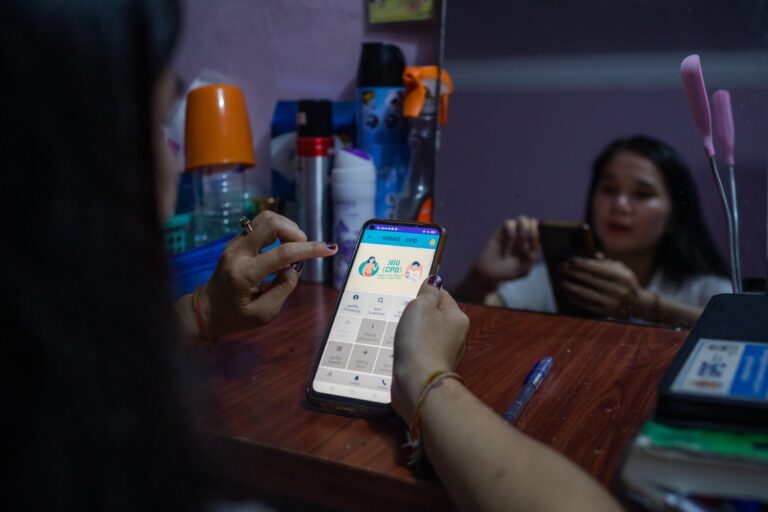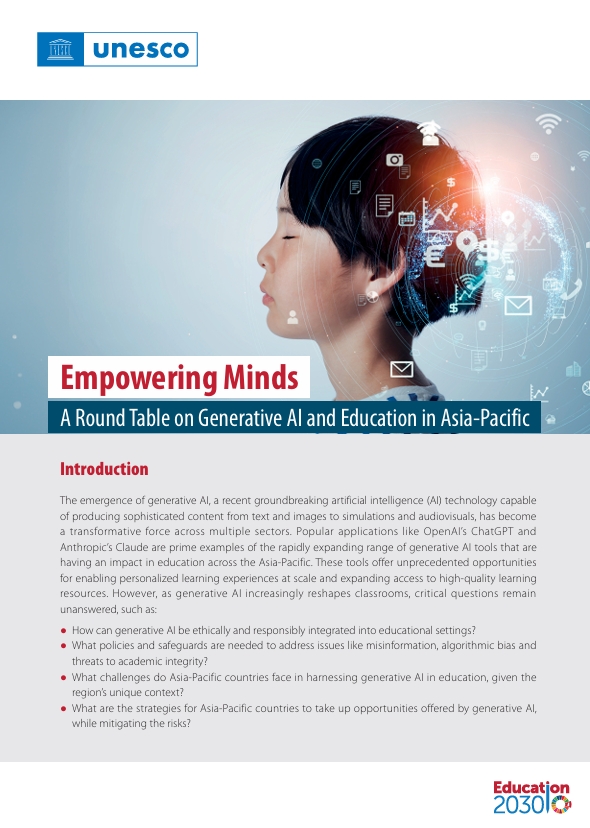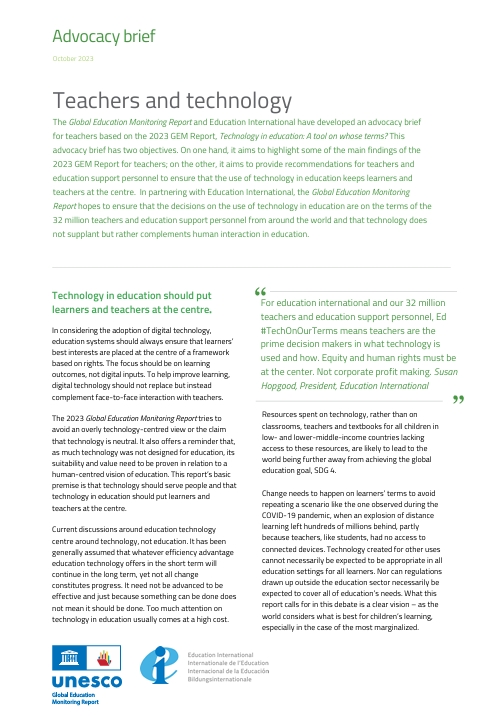Two AI researchers lay out what you need to know about artificial intelligence
Editor’s Note: This Commentary is part of a special report exploring game-changing trends and innovations that have the potential to shake up the schoolhouse.
Read the full report: 10 Big Ideas in Education.
Artificial intelligence is a rapidly emerging technology that has the potential to change our everyday lives with a scope and speed that humankind has never experienced before. Some well-known technology leaders such as Tesla architect Elon Musk consider AI a potential threat to humanity and have pushed for its regulation “before it’s too late”—an alarmist statement that confuses AI science with science fiction. What is the reality behind these concerns, and how can educators best prepare for a future with artificial intelligence as an inevitable part of our lives?
General, widespread legislative regulation of AI is not going to be the right way to prepare our society for these changes. The AI field is already humming with a wide variety of new research at an international scale, such that blindly constraining AI research in its early days in the United States would only serve to put us behind the global curve in developing the most important technology of the future. It is also worth noting that there are many applications of AI currently under development that have huge potential benefits for humanity in the fields of medicine, security, finance, and personal services; we would risk a high human and economic cost by slowing or stopping research in those areas if we hastily impose premature, overbearing, and poorly understood constraints.
The most impactful way to shape the future of AI is not going to be through the regulation of research, but rather through understanding and correctly controlling the tangible impacts of AI on our lives. For example, it is our belief that AI should not be weaponized, and that humans should always have the ultimate “off switch.” Beyond these obvious limitations, there are three rules we propose for AI that can be meaningfully applied now to mitigate possible future harm.
Background: Artificial Intelligence and the Future of Education
An AI system:
1) Must always respect the same laws that apply to its creators and operators;
2) Must always disclose that it is not human whenever it interacts with another entity;
3) Should never retain or share confidential information without explicit approval from the source.
These rules are a strong practical starting point, but to successfully navigate the new world AI will bring about in the coming decades, we’re going to need to ensure that our children are learning the skills required both to make sense of this new human-machine dynamic and to control it in the right ways. All students today should be taught basic computer literacy and the fundamentals behind how an AI works, as they will need to be comfortable with learning and incorporating rapidly emerging new technologies into their lives and occupations as they are developed.
We will need our future scientists and engineers to be keenly aware that an AI system can only be as good as the data it is given to work with, and that to avoid dangerous bias or incorrect actions, we need to cultivate the right inputs to these systems that fairly cover all possible perspectives and variables. We will need policymakers who can successfully apply the rules suggested above as well as define the new ones we will need as AI continues to proliferate into the various aspects of our lives.
New and different opportunities and values will likely emerge for humans in the economy that AI creates. As AI makes more resources more widely available, we will find less meaning in material wealth and more value in the activities that are uniquely human. This means that occupations with creative and expressive qualities, such as chefs, tailors, organic farmers, musicians, and artists of all types will become more important in an age in which a real human connection is increasingly precious. Roles that directly affect human development and well-being, such as teaching, nursing, and caregiving, will be especially crucial and should be uplifted as excellent options for people whose vocations are otherwise replaced by AI systems. No AI can hope to match a human for true compassion and empathy, qualities that we should be taking extra care to cultivate in our children to prepare them to inherit a world where these characteristics will be more important than ever.



